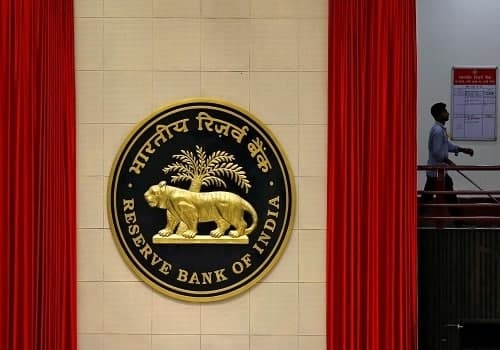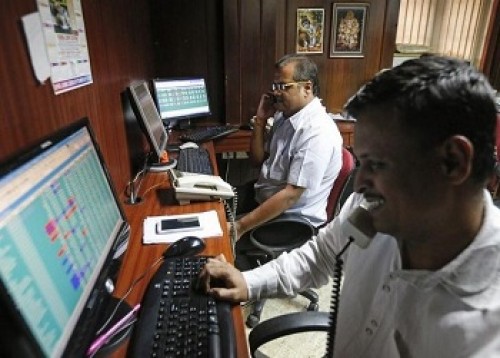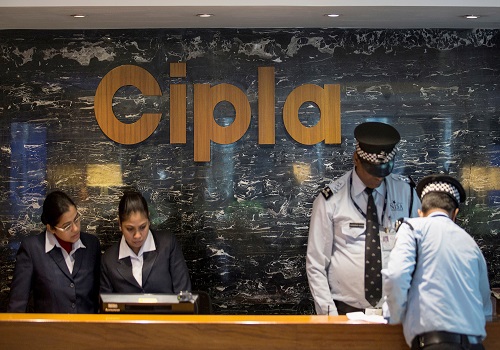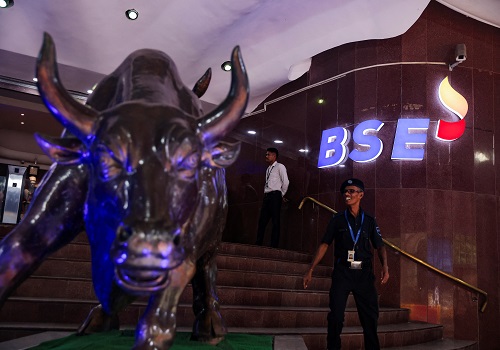Madras HC's intervention sought to prohibit NSE co-location services

Follow us Now on Telegram ! Get daily 10 - 12 important updates on Business, Finance and Investment. Join our Telegram Channel
The National Stock Exchange of India (NSE) should be prohibited from providing the co-location facility that has already been considered as discriminatory by various authorities, including the Securities and Exchange Board of India (SEBI), according to a petition filed in the Madurai Bench of Madras High Court.
A public interest litigation has been filed recently in the Madras High Court bench at Madurai to seek the court's prompt intervention on the SEBI's gross failure in prohibiting this assault on the integrity of the Indian stock market and its continued facilitation till date.
"The NSE co-location services are illegal and Ultra Vires the Constitution as well as against the fundamental principles of transparent price discovery and equal market opportunity," said the petition.
Notably, various investigative and forensic studies conducted by SEBI's Technical Advisory Committee (TAC), Deloitte, and EY unanimously concluded that the Co-location service of NSE was prone to manipulation and market abuse and there has been preferential access given to a select few brokers over the entire industry, according to the petition.
The NSE introduced its paid 'Co-location facility' to a select group of brokers/trading members in 2009. Co-location allows stockbrokers to place their servers and systems in the racks assigned within the exchange premises near the primary servers of the NSE in order to have a low latency connection to the exchange.
M.R. Venkatesh, the counsel for the PIL, pointed out that the Co-location facility per se is discriminatory as the brokers availing co-location facility get preferential access to the price gaining advantage over others. Further, the brokers availing co-location facility have an entire view of the pending orders along with the price (TBT) which helps them view the entire market depth as opposed to common retail investors. The brokers availing co-location facility have a preference to push more orders to the exchange thereby enabling them to take advantage of the preferential price access.
"The NSE played fast on the entire industry, including the SEBI, by introducing co-location in 2009, and that too without any regulatory approval. Instead of arresting the crime, the SEBI has bent backward and allowed the criminality," said Ventakesh.
Further, the SEBI's orders of April 30, 2019, levied penalties on NSE (Rs 624.89 crore with interest at 12 per cent per annum from April 1, 2014, which comes to around Rs 1000 crore, and also its personnel thereby confirming that the Co-location facilities offered by NSE were illegal and also provided preferential access to few brokers against the market at large.
The petition also sought to challenge the vires and the constitutional validity of the SEBI circular of May 13, 2015, permitting stock exchanges like NSE to offer Co-location facility to market participants, and consequently all its subsequent circulars in this regard as it violates fundamental principles of equality as enshrined under Article 14 of the constitution.
The petition also sought an order of stay against NSE from providing co-location services as it has already been declared discriminatory and arbitrary and declare the May 2015 SEBI circular as unconstitutional and ultra-vires the SEBI Act, 1992 and the Regulation 41(2) of the SECC Regulations and quash the same and consequentially direct SEBI to permanently suspend the co-location services offered by NSE, Venkatesh added.












 320-x-100_uti_gold.jpg" alt="Advertisement">
320-x-100_uti_gold.jpg" alt="Advertisement">












